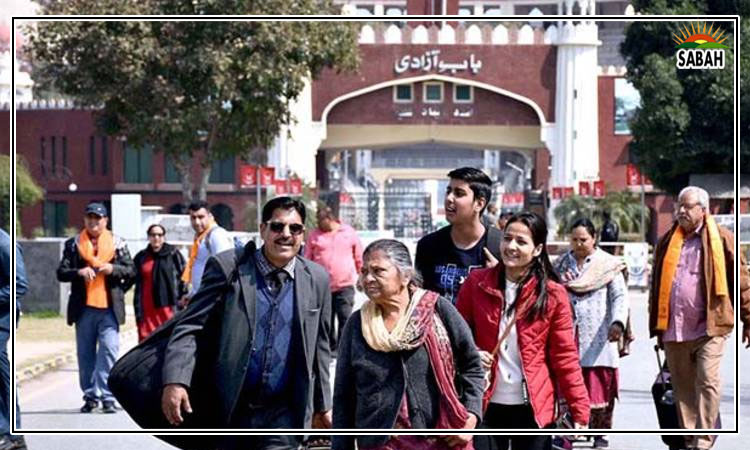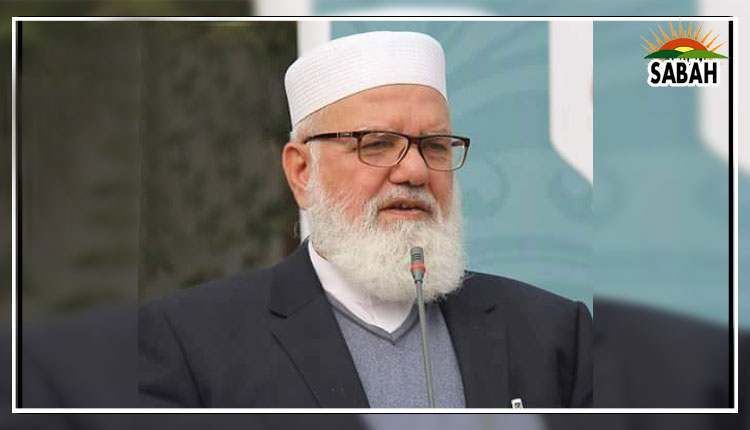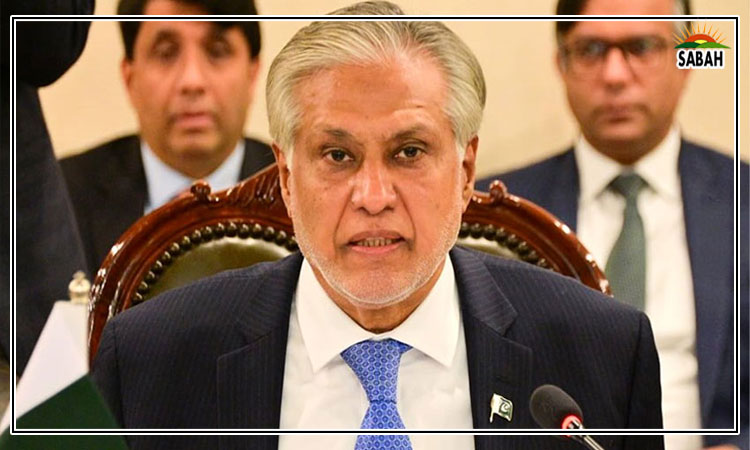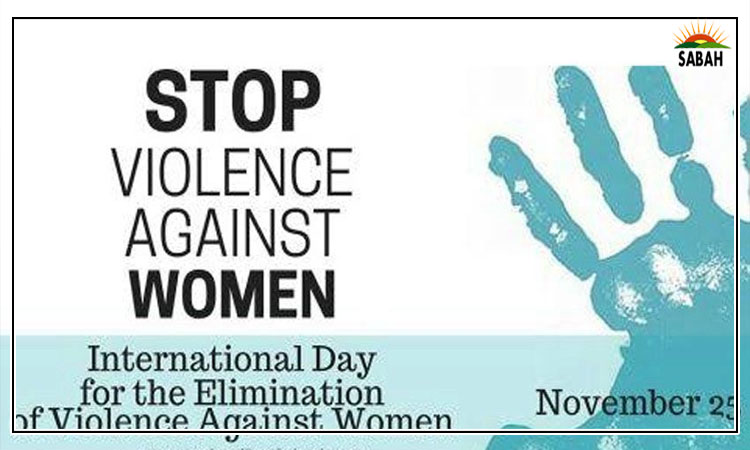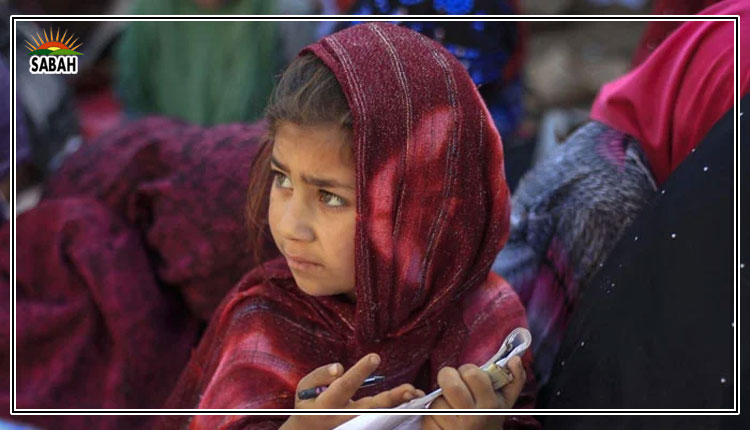Each one to teach one …By Hassan Baig
Education is a right, not a privilege, for every citizen of Pakistan. The country faces significant challenges in achieving universal literacy and numeracy, with approximately 70 million illiterate individuals.
With a literacy rate of 62.8 per cent, Pakistan ranks as the second lowest in South Asia. This issue severely undermines the country’s development goals and its international commitments, including Sustainable Development Goal (SDG) 4.6 and the International Covenant on Economic, Social, and Cultural Rights (ICESCR). In response, Pakistan is both constitutionally and internationally obligated to promote literacy and education.
There are various approaches to increasing literacy. One possible initiative could be the ‘Each One Teach One’ campaign, aimed at eradicating illiteracy and further empowering citizens across Pakistan. This would involve engaging students from schools, colleges, and universities, as well as employees from multinational organisations, and public- and private-sector entities, to serve as literacy teachers. Such an initiative could effectively harness the potential of the education and corporate sectors to address the literacy crisis and improve educational outcomes nationwide.
The National Commission for Human Development (NCHD), under the Ministry of Federal Education, has been working to implement such initiatives, but these need to be carried out with full commitment. Provincial governments should also take the lead and implement similar programmes in their respective regions, as the NCHD’s efforts are primarily focused on the Islamabad Capital Territory, Azad Jammu and Kashmir, and Gilgit-Baltistan.
The Each One Teach One (EOTO) initiative aims to reduce illiteracy rates, enhance life skills, and create economic opportunities for participants, contributing to Pakistan’s broader development goals. This initiative seeks to reach 266,833 illiterate individuals in the Islamabad Capital Territory (ICT) by engaging 219 educational institutions and approximately 7,000 teachers. During its initial phase, 66,759 students from Federal Directorate of Education (FDE) schools and colleges will be involved.
Aligned with Pakistan’s ‘Education Emergency’ and the Prime Minister’s Roshan Pakistan – National Literacy Drive, EOTO encourages every literate individual, including students from grade nine (9) and above in public and private schools, colleges, and universities, as well as volunteers from various sectors, to take responsibility for teaching at least one illiterate person. This creates a ripple effect that can potentially transform entire communities.
It should be mandatory for all students in grades IX and X across public and private institutions to educate at least one illiterate person, adhering to the principle of Each One Teach One. Additionally, all public and private employers should be required to allocate a portion of their corporate social responsibility (CSR) funds towards supporting literacy programmes.
These funds should cover the costs of establishing, operating, or expanding community or employee literacy programs, which can include the use of full or part-time volunteers within their entities or beyond, as directed by the National Commission for Human Development (NCHD) or any other authority designated by the federal government.
The initiative can be implemented by involving students and corporate volunteers in following a prescribed literacy syllabus approved by the Ministry of Education, comprising three Urdu books, one Math book, and a Teachers’ Guide. The duration of the literacy course could be set for 12 weeks. As an incentive, participating students should receive 10 additional marks incorporated into their academic curriculum. This initiative could be rolled out biannually across all educational institutions in the Islamabad Capital Territory and the federating units, covering both public and private sectors.
Newly literate individuals could be provided with access to essential documents, such as CNICs, driving licences, and passports, free of cost as a token of appreciation for their achievements in literacy. Those who already possess these documents could be given one-time compensation upon renewal. Focal persons and teachers should undergo comprehensive orientation and training, conducted by the NCHD. Once trained, they could serve as instructors, guiding students and employees to become effective literacy teachers. The students and participating organisations could actively engage in identifying illiterate individuals within their communities to join the literacy course.
A variety of incentives could be offered, such as providing each participating student and corporate volunteer with a literacy kit that includes essential books, guides, and assessment forms. The students and corporate volunteers will teach the prescribed literacy syllabus to their assigned learners and conduct regular assessments. Upon successful completion of the course, the NCHD or the relevant literacy departments of the respective provinces should issue certificates to learners and participating organisations. This achievement should be verified through a third-party assessment to ensure transparency.
Students pursuing professional degrees in MA Education, MEd, and BEd may be assigned the task of educating a group of illiterate individuals as part of their teaching practice for one semester. Educated citizens could be encouraged and incentivised to volunteer in the literacy drive, extending the reach of the initiative beyond educational institutions. The Federal Board for Intermediate and Secondary Education (FBISE) and other respective bodies could include 10 marks for students who successfully educate illiterate individuals.
Literacy could be integrated into the curriculum for students in grades 9-12, and similar measures could be adopted by higher education institutions. Institutions like PIDE and universities all over Pakistan could research adult literacy focusing on curriculum development and teaching methodologies. Following Phase One in ICT, the literacy syllabus could be digitised – enabling remote access to literacy education in all provinces of Pakistan. The Each One Teach One initiative could be integrated into existing educational frameworks and curricula, ensuring sustainability beyond the initial phase.
The engagement and support of local communities, along with collaborative efforts with government agencies, educational institutions, and civil society organisations, will be essential for the success of the initiative. International partnerships will be leveraged to amplify the initiative’s effectiveness and reach, aligning with Pakistan’s commitments to literacy and education.
The initiative could be taken up for discussion at the level of the Council of Common Interest (CCI) by the federal government to provide the necessary support to all provinces by facilitating the training of resource persons and supplying digital versions of ‘Literacy Kits’ for further printing and distribution.
All educational institutions nationwide should incorporate the Each One Teach One programme, and also enrol students from all over Pakistan in distance learning/online courses at Virtual University and Allama Iqbal Open. The legislative amendments to the Literacy Ordinance of 1985 could align with the initiative’s objectives, including incentivising students and newly literate individual community volunteers. The digital literacy components could further enhance the reach and impact of the initiative.
Necessary monitoring and supervision mechanisms could track the progress of the initiative, encompassing student and corporate engagement, learner outcomes, and resource utilisation. Periodic evaluations would be needed to assess the effectiveness and impact of the initiative for necessary adjustments in subsequent phases.
Courtesy







